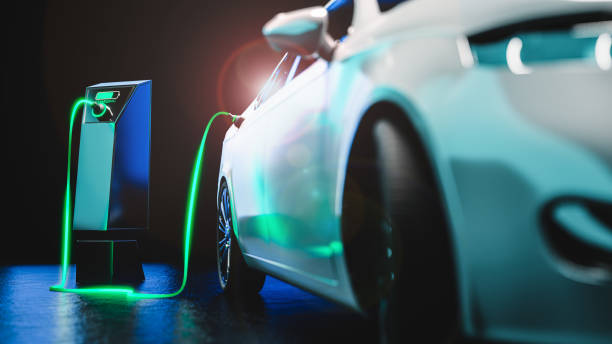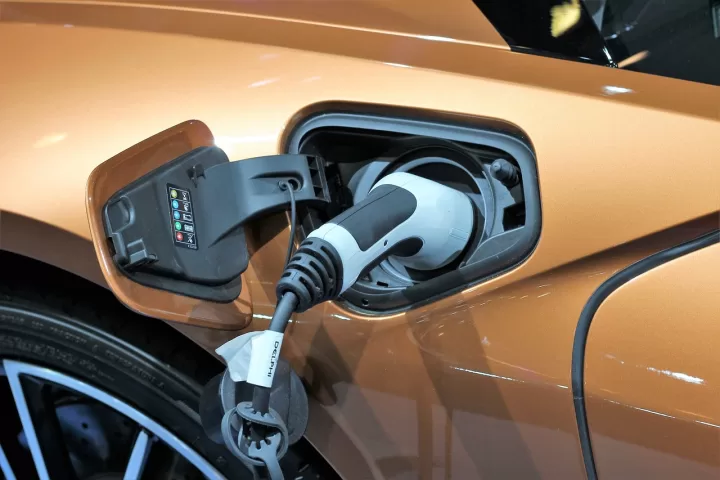Scientists say new “water batteries” could help overcome the dangers posed by their conventional counterparts.
Lithium-ion batteries have changed the world, enabling everything from electric cars to long-lasting and reliable cell phones. But because of the materials they contain, they are unstable and occasionally catch fire or explode.
Now the researchers say they have developed “water-based metal-ion batteries (or we can call them water batteries)”.
These batteries use water instead of the organic electrolytes that currently allow electric current to flow between the positive and negative poles. This makes them safer, but also means they can be taken apart at the end of their life and reused or recycled.
Their creators say that the way they are designed also makes their production relatively easy.
Tianyi Ma from the Royal Melbourne Institute of Technology says:
We use materials such as magnesium and zinc, which are abundant in nature, cheap and less toxic than alternatives used in other types of batteries, resulting in lower production costs and reduced risks to human health and the environment.
With new research, scientists have made batteries last much longer, roughly on par with commercial lithium-ion batteries. This could help researchers close the performance gap with today’s technology, making these batteries ready for the market.
“The fact that our batteries now last significantly longer – comparable to commercial lithium-ion batteries on the market – makes them ideal for use in real-world intensive and high-speed applications,” says Professor Ma.
With impressive capacity and increased lifetime, we have not only improved battery technology, but also successfully integrated our design into solar panels, demonstrating efficient and stable storage of renewable energy.
Batteries can be used in large projects such as grid-level energy storage and integration with renewable energy, and can prevent major fire hazards. But they can also enable smaller applications.
“As our technology advances, other small-scale energy storage applications, such as powering homes and entertainment devices, could become a reality,” says Professor Ma.
The work is described in a new paper titled “Synergy of dendrites-impeded atomic clusters dissociation and side-reactions suppressed inert interface protection for ultrastable Zn anode” published in the scientific journal Advanced Materials.




